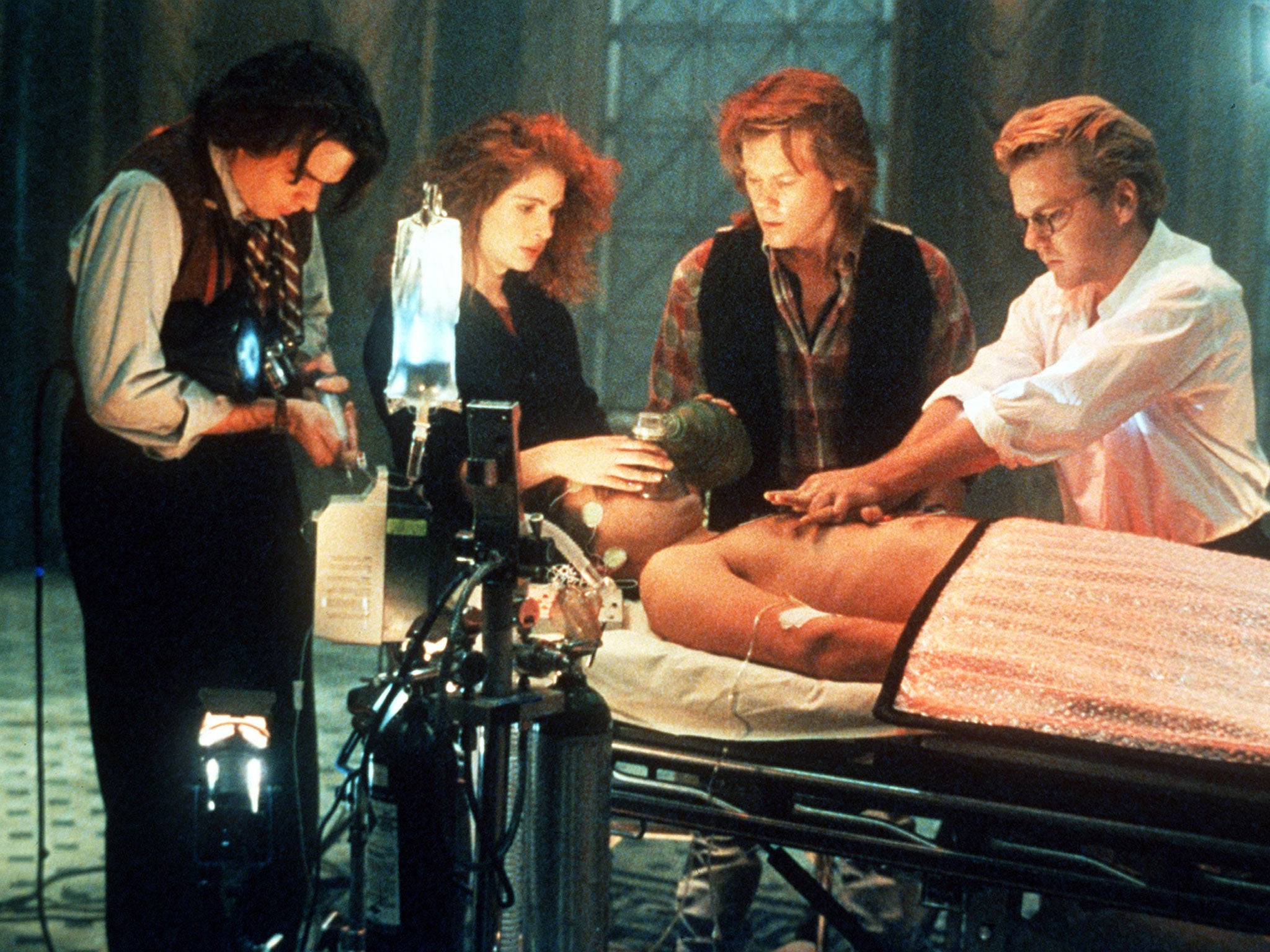Life after death? Largest-ever study provides evidence that 'out of body' and 'near-death' experiences may be real
One man who was clinically dead - then brought back to life - accurately described what had been happening in the room

Your support helps us to tell the story
From reproductive rights to climate change to Big Tech, The Independent is on the ground when the story is developing. Whether it's investigating the financials of Elon Musk's pro-Trump PAC or producing our latest documentary, 'The A Word', which shines a light on the American women fighting for reproductive rights, we know how important it is to parse out the facts from the messaging.
At such a critical moment in US history, we need reporters on the ground. Your donation allows us to keep sending journalists to speak to both sides of the story.
The Independent is trusted by Americans across the entire political spectrum. And unlike many other quality news outlets, we choose not to lock Americans out of our reporting and analysis with paywalls. We believe quality journalism should be available to everyone, paid for by those who can afford it.
Your support makes all the difference.There is scientific evidence to suggest that life can continue after death, according to the largest ever medical study carried out on the subject.
A team based in the UK has spent the last four years seeking out cardiac arrest patients to analyse their experiences, and found that almost 40 per cent of survivors described having some form of “awareness” at a time when they were declared clinically dead.
Experts currently believe that the brain shuts down within 20 to 30 seconds of the heart stopping beating – and that it is not possible to be aware of anything at all once that has happened.
But scientists in the new study said they heard compelling evidence that patients experienced real events for up to three minutes after this had happened – and could recall them accurately once they had been resuscitated.
Dr Sam Parnia, an assistant professor at the State University of New York and a former research fellow at the University of Southampton who led the research, said that he previously that patients who described near-death experiences were only relating hallucinatory events.
One man, however, gave a “very credible” account of what was going on while doctors and nurses tried to bring him back to life – and says that he felt he was observing his resuscitation from the corner of the room.
Speaking to The Telegraph about the evidence provided by a 57-year-old social worker Southampton, Dr Parnia said: “We know the brain can’t function when the heart has stopped beating.
“But in this case, conscious awareness appears to have continued for up to three minutes.
“The man described everything that had happened in the room, but importantly, he heard two bleeps from a machine that makes a noise at three minute intervals. So we could time how long the experienced lasted for.
“He seemed very credible and everything that he said had happened to him had actually happened.”
Dr Parnia’s study involved 2,060 patients from 15 hospitals in the UK, US and Austria, and has been published in the journal Resuscitation.
Dr Jerry Nolan, editor-in-chief of the journal which published the research, said: “The researchers are to be congratulated on the completion of a fascinating study that will open the door to more extensive research into what happens when we die.”
Additional reporting by PA
Join our commenting forum
Join thought-provoking conversations, follow other Independent readers and see their replies
Comments